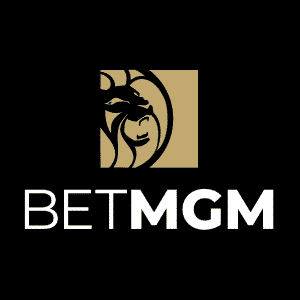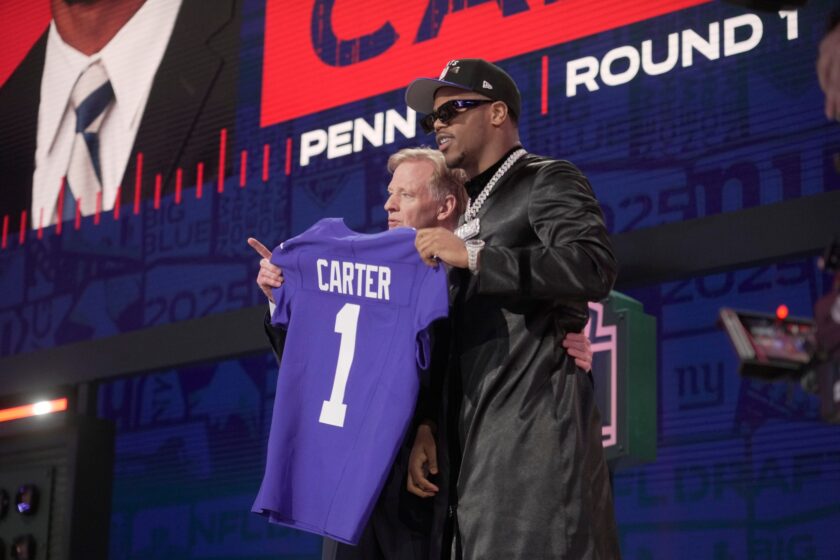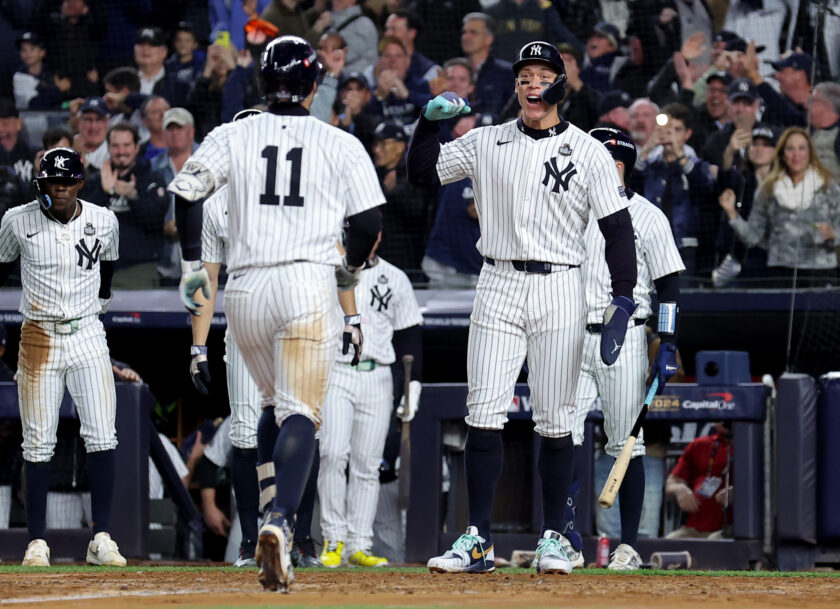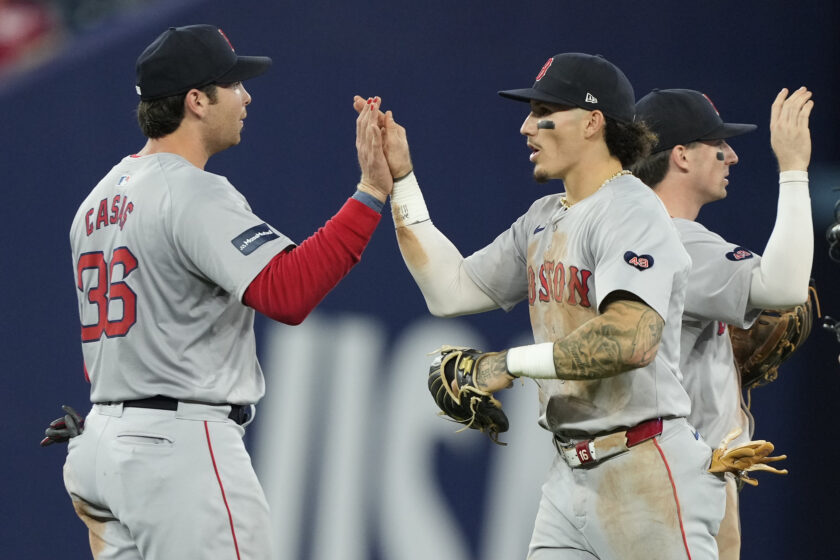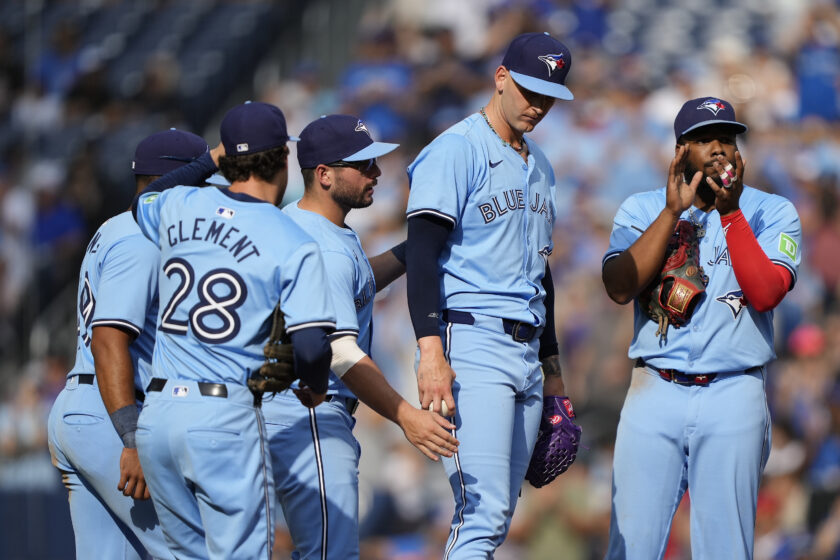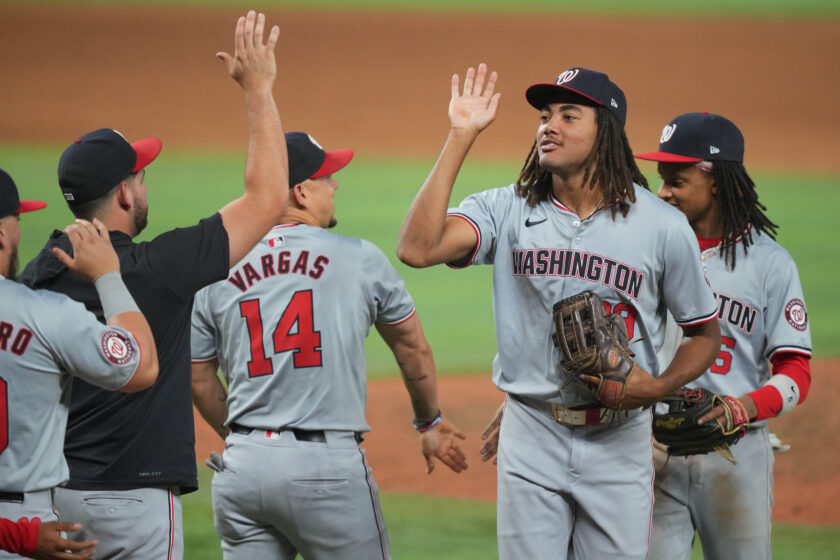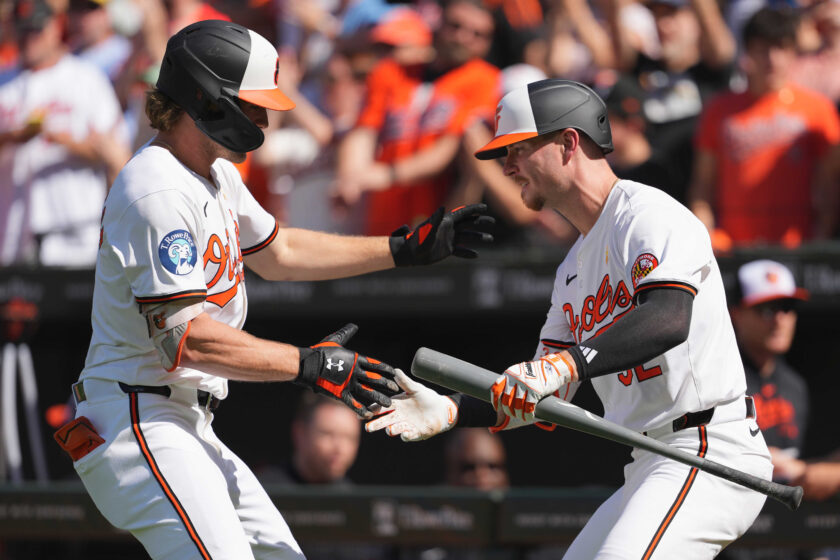NFL looking into potential alternative sites for Super Bowl 56
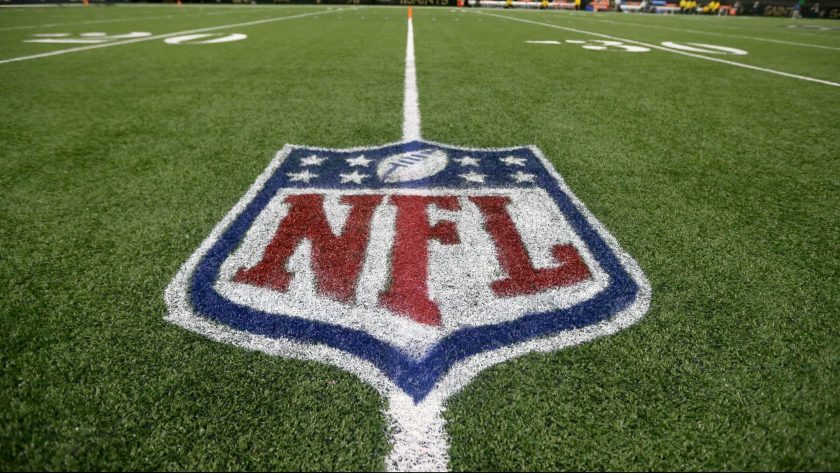
An increase in COVID-19 cases could force the league’s hand.
Could the biggest sporting event of the year need a venue change?
According to the Associated Press, the NFL is looking into possible alternative sites for Super Bowl 56 (scheduled for Sunday, Feb. 13). The game is set to take place at Sofi Stadium in Inglewood, California.
AP states the league has reportedly contacted AT&T Stadium in Arlington, Texas, among others. This comes amid a spike in COVID-19 cases; California has extended its indoor mask mandate to Feb. 15.
However, this forming of a potential contingency plan is normal.
“We plan on playing Super Bowl 56 as scheduled at SoFi Stadium in Los Angeles on Sunday, Feb. 13,” NFL spokesman Brian McCarthy said on Wednesday, per AP. “As part of our standard contingency planning process that we conduct for all regular and postseason games, we have contacted several clubs to inquire about stadium availability in the event we cannot play the Super Bowl as scheduled due to weather-related issues or unforeseen circumstances.
“Our planning process for the Super Bowl in Los Angeles is ahead of schedule and we look forward to hosting the Super Bowl there to culminate another fantastic NFL season for our fans and clubs.”
The state of California is additionally working to make this scheduled event in the Golden State possible.
“I know L.A. County is closely in contact with the NFL to make sure that strategies are put in place to ensure that people can enjoy this important event while making sure that we put things in place that allow COVID mitigation to be an important feature of the approach to that game that is just over a month away,” said California Health and Human Services Agency Secretary Dr. Mark Ghaly on Wednesday, also per AP.
The NFL recently compressed the isolation timeline for COVID-positive individuals from 10 days to five, regardless of vaccination status. Those who are vaccinated, however, can still test out of the COVID-19 protocol in fewer than five days by producing two consecutive negative tests.
Players lucky enough to reach the Big Game could still stumble upon COVID issues prior to the Feb. 13 matchup though — don’t expect this issue to be completely put in the rearview before then.
Follow Ryan Honey on Twitter: @RyanHoneyESNY
Listen to ESNY’s Wide Right Podcast on Apple here or on Spotify here.
- DRAFTKINGS SPORTSBOOK
BET $5 & GET $150 IN BONUS BETS INSTANTLY!
- FANDUEL SPORTSBOOK
BET $5, GET $150 BONUS!
- CAESARS SPORTSBOOK
$1,000 BET ON CAESARS!
- BETMGM SPORTSBOOK
BET $5, GET $158 BONUS!
- BET365
GET $150 BONUS OR $2,000 FIRST-BET SAFETY NET!




